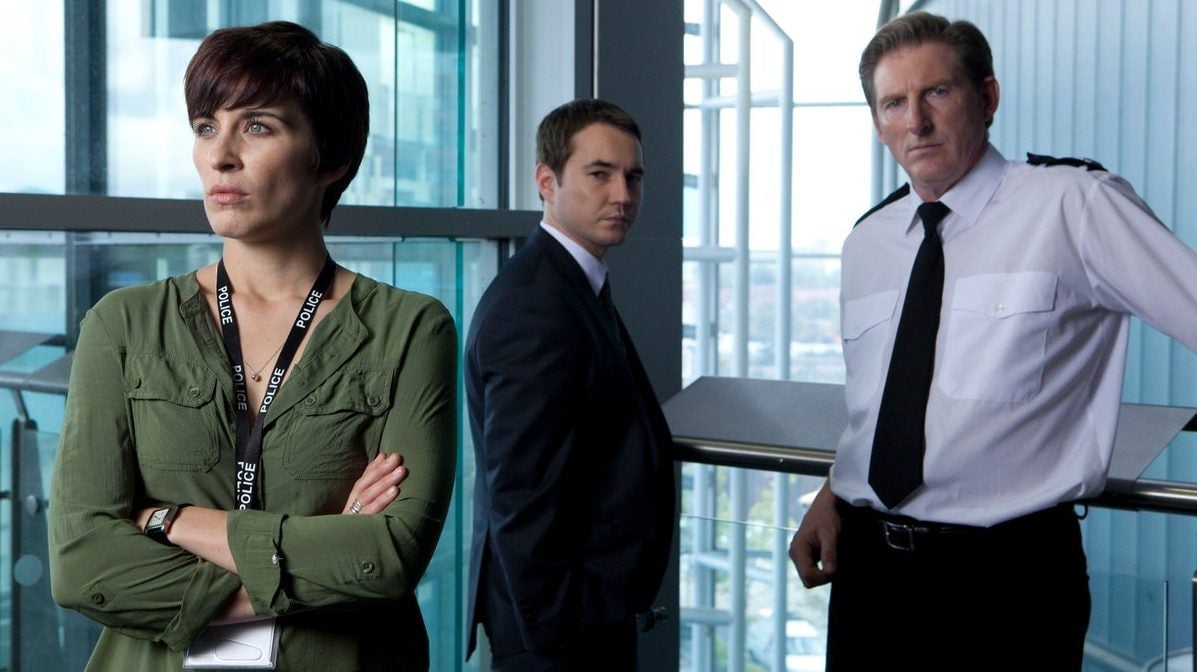In the UK’s biggest TV drama in decades, cops are the villains
On TV, cops are almost never the bad guys. But one television series has become the most popular in the UK by subverting that long-running trope.


On TV, cops are almost never the bad guys. But one television series has become the most popular in the UK by subverting that long-running trope.
Line of Duty, a BBC drama about an anti-corruption unit on a fictional police force in England, brought in 12.8 million live viewers for the finale of its sixth season yesterday, the Guardian reported. The BBC said that was the biggest audience for any single episode of British TV since 2001 (not including soap operas). It outperformed even the most-watched episodes of series like Doctor Who and Downton Abbey, which are considered to be among the country’s most popular of all time.
What makes Line of Duty unique—and perhaps why it’s so appealing to viewers right now—is that it’s one of the few mainstream TV dramas throughout history in which the major villains are all police officers, called “bent coppers” in the show. Series like Dragnet, The Wire, and Watchmen have all touched on issues of police misconduct, but Line of Duty stands mostly alone in its unflinching look at widespread corruption within police departments. As several countries begin to reckon with police brutality, Line of Duty‘s soaring popularity shouldn’t be surprising as one of the few shows that dares to paint the police in a negative light.
Cops are almost never the villains on TV
The show’s depiction of cops as villains is so deliberate that it forced Cressida Dick, the head of London’s Metropolitan Police Force, to condemn it, saying she was “outraged by the level of casual and extreme corruption that was being portrayed.” While it does get some things right, experts in police corruption argue that Line of Duty generally exaggerates both the level of corruption and the sexiness with which it is investigated. “Painstaking note-taking and hypothesising is probably far closer to the reality of how we catch ‘bent coppers,'” wrote Sarah Jane Fox and James Holyoak, senior lecturers at Staffordshire University’s Institute of Policing, in The Conversation last week.
Still, that Line of Duty‘s villains are nearly all cops is a huge divergence from how the police are normally depicted on TV, dating back to when Dragnet popularized the police procedural genre in the 1950s. In fact, not only are cops almost always heroes, but internal affairs divisions like the one in Line of Duty are typically depicted as humorless bureaucrats getting in the way of real police work. On shows like Law & Order, CSI, and Criminal Minds, oversight is treated as a nuisance rather than necessary. Most of these shows have occasionally had “dirty cop” story lines, but there is always a bigger villain to be caught.
Not in Line of Duty, though. Its “big bad” villains are not serial killers, drug dealers, or terrorists, but rather detectives, sergeants, and constables, who have done a wide range of terrible things including murder and sexual abuse. The only other mainstream TV series devoted singularly to this issue was Between the Lines, which aired on the BBC from 1992 to 1994. Line of Duty creator Jed Mercurio cited Between the Lines as inspiration for his record-breaking show.
Of course, in both shows, police are also the good guys—cops being the villains doesn’t stop other cops from being the heroes. Line of Duty‘s protagonists may investigate police corruption, but they are still police officers. Even when one of TV’s oldest narratives is subverted, it still doesn’t venture too far from the norm.